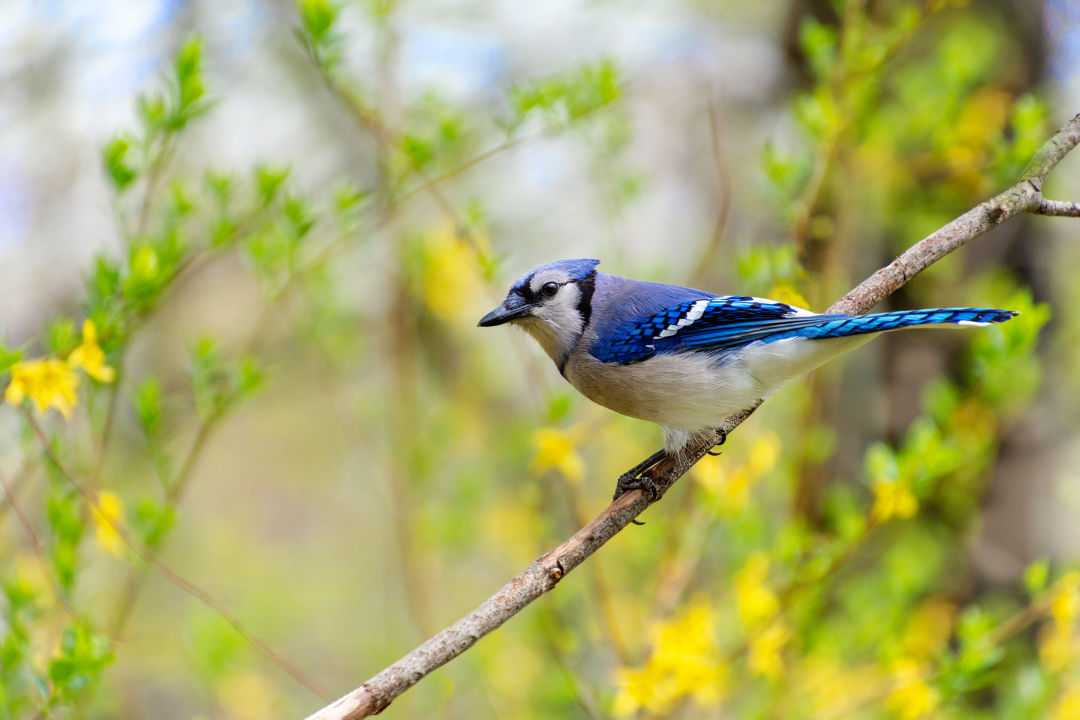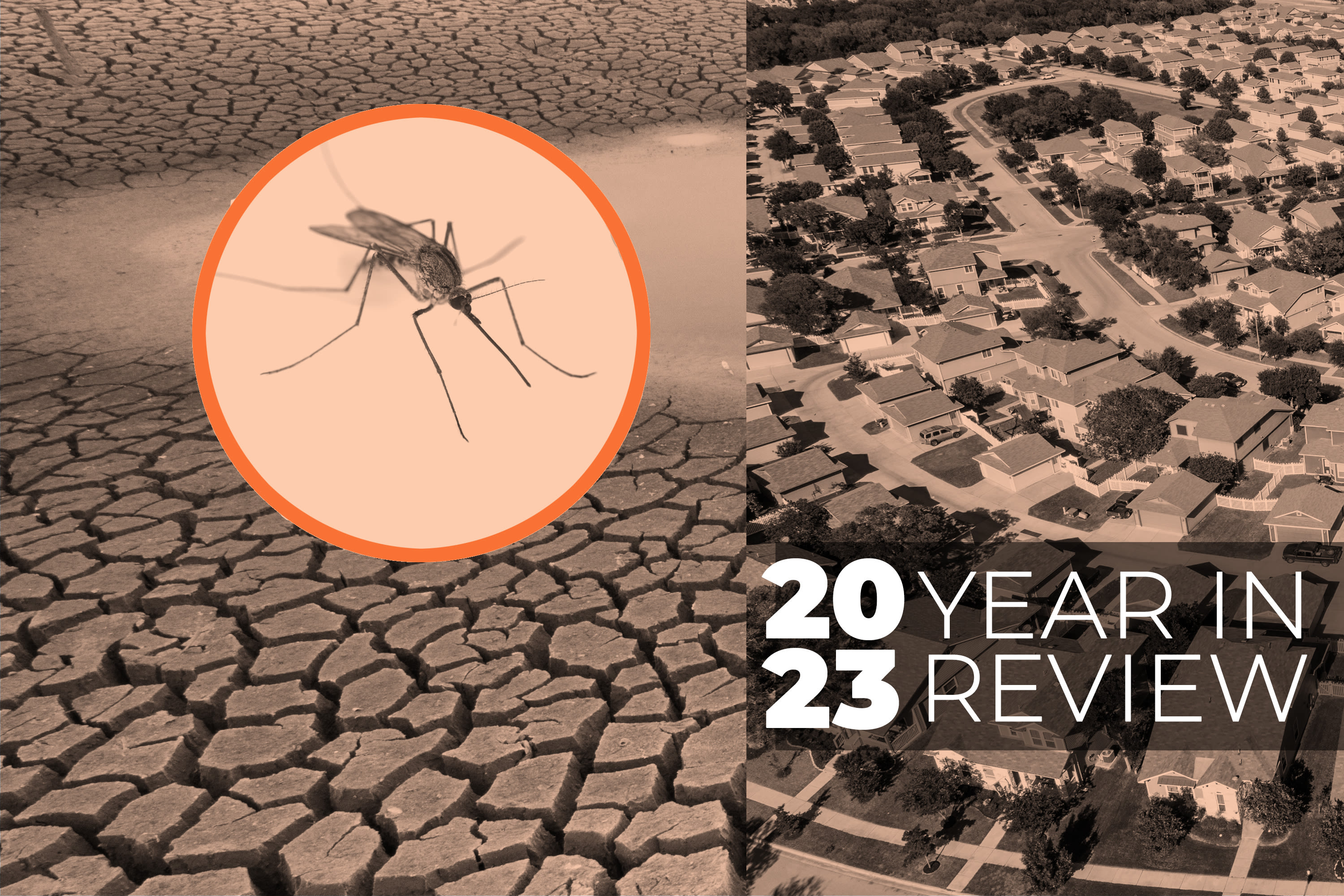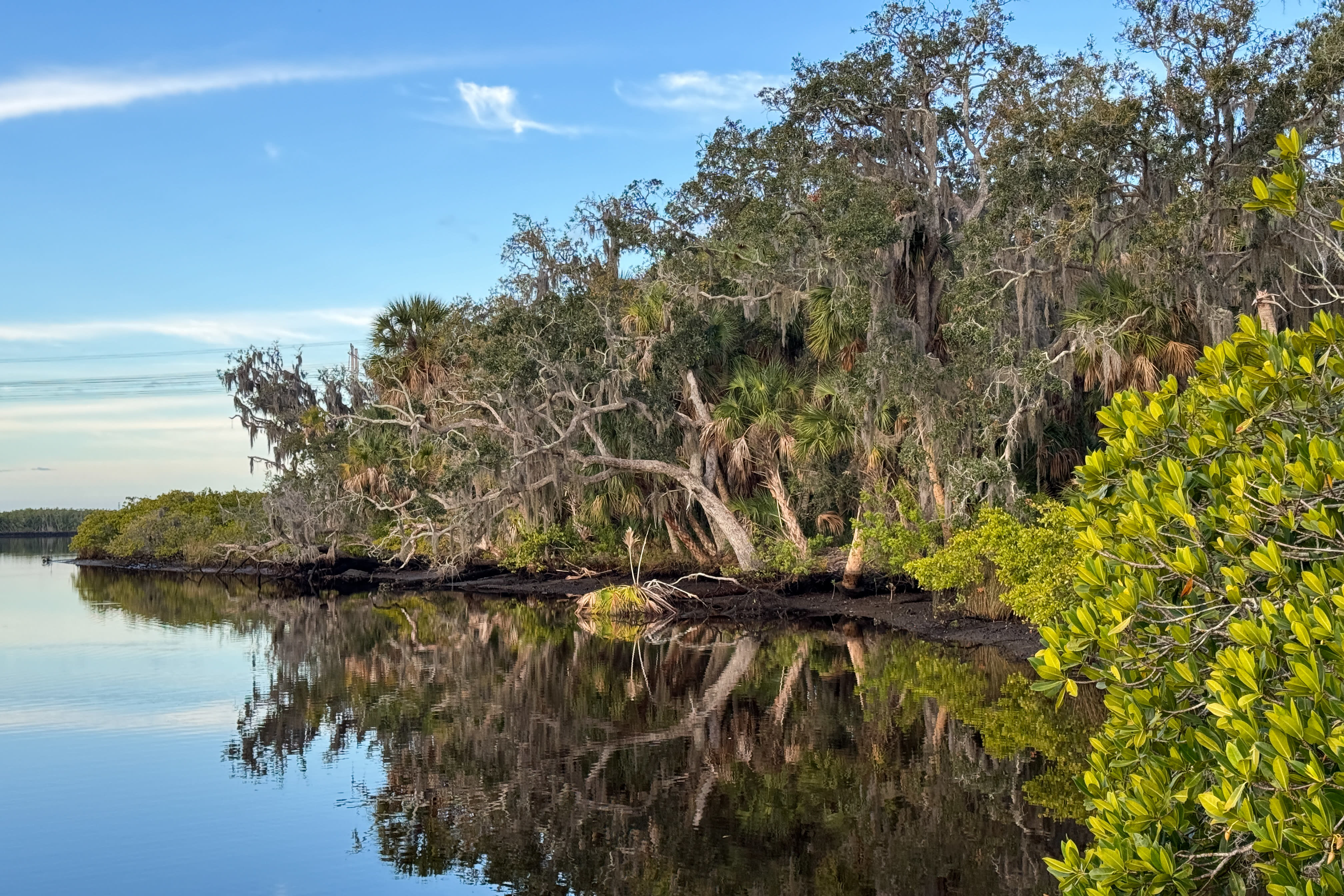How to Turn Your Yard Into a Paradise for Florida Wildlife

Image: K Quinn Ferris/Shutterstock
Florida living often means sharing space with creatures that dazzle us daily. Blue jays, cardinals, owls and woodpeckers. Butterflies, bees, lizards and more. It’s a zoo out there.
But not everyone's yard is so friendly to Florida fauna. We asked Katherine Clements, the ecology and natural resources educator at the University of Florida's Institute of Food and Agricultural Sciences' Sarasota County office, and Karen Willey, the nature center manager and climate change point person for the Sarasota Audubon Society, for some tips on how your yard, and even your balcony, can make a positive impact on our natural environment. Here's what they had to say:
Maintain a water source for animals.
“It can be as simple as setting out a bowl of water you clean out every couple days, since stagnant water can be inviting to mosquitoes,” says Willey.
Question: Does my swimming pool count as a water source?
No.
If your pool isn't caged, you may see ducks and other birds coming to bathe, believing they’ve found a pond. But "salt- and chlorine-treated pools aren't the healthiest for them," says Clements. Putting up flags or other deterrent decorations may help keep them away.
Go dark.
Landscaping lights may seem welcoming to you, but their glare scares animals away.
“If you really want lights, use a motion sensor and point it to the doorway, not out to the yard or on food or water sources,” says Willey.
Provide shelter.
Install bird and bat boxes.
“Bat boxes are excellent since the bat population is declining,” says Clements. "But there are specific ways to build and place them. Also, different species of birds have different requirements for bird houses, like an owl versus a woodpecker.” Doing a little research before choosing one is recommended.
Also: Keep a brush pile.
“In a corner you can’t easily see, stack garden trimmings to allow habitat for small animals,” says Willey. “Don't remove dead trees–or living! Insurance companies are increasingly pushing for trimming them from around homes, but trimming can set their growth off track, and the insects that come to dead trees become great food for woodpeckers."
Rethink your lawn.
“Limit lawns–they're not great habitat for much of anything,” says Willey. Using native groundcover, like sunshine mimosa is more wildlife-friendly.
When landscaping, think vertical layering. Diversity is ideal.
"A mix of plants, shrubs and trees offer patches where wildlife can seek cover and shelter," says Clements. "Open areas don’t provide protection from predators and are too exposed for many wildlife."
Plant native.
“Avoid the ‘Florida-friendly’ labels on plants,” says Willey. Those labels denote that certain plants may grow in Florida, but they’re not necessarily native, and animals prefer the plants and trees they've evolved with over time.
Also, "remove invasive species," says Clements. "They don't provide good habitat, and often have a negative effect on wildlife."
Grow food.
"Focus on plants that produce berries, so you have fruiting flowers, like beauty berry, wild coffee, Simpson stopper and firebush," says Willey. "Anything orange or red tubular attracts hummingbirds to your garden."
"Walter's viburnum and elderberry are native shrubs that can be potted and they have berries," says Clements.
Question: Should I feed birds?
"There are different schools of thought on that," says Clements. "The key is you need to keep up on it because birds and wildlife will learn to depend on it. Consider it if you live there all year round."
While it's best for birds to eat what they've evolved to eat, if you do use a feeder, make sure it’s stocked and clean.
If you live in a condo and only have a balcony, you can still attract wildlife.
"Place potted native wildflowers that will provide pollinator habitat, which is on the decline," says Clements. "Homeowner associations may not allow bird feeders or houses, so check with them first, but even a potted tree can offer a great stopover resting place for birds."
Reduce pesticide use.
These can harm wildlife, especially the insects and pollinators that are such a major part of the food chain.
Manage your pets.
"Dogs can injure and scare wildlife, so it's best to keep them on a leash. And cats are a top killer of native birds–keeping them inside is safer for both parties," says Clements.
Want to learn more?
Check out the Spring Wildflower Festival and Plant Sale, which runs from 9 a.m. to 3 p.m. on Saturday, April 23, at Sweet Bay Nursery, 10824 Erie Road, Parrish.
These actionable and effective tips are part of the Green Living Toolkit. Over the past year, the region’s sustainability experts at the Science and Environment Council of Southwest Florida have curated dozens of solutions for sustainable living. The Green Living Toolkit is an essential guide for people in Sarasota and Manatee counties interested in sustainable energy and food, waste recovery, water protection and nature—assembled all in one place.



